Organize Yourself. Take better control of the way you’re spending your time and energy so you can handle stress more effectively. There are loads of tips and tricks online, or you can visit the Learning Center and talk with an academic coach to get tips especially for you.
Control Your Environment by controlling who and what is surrounding you. In this way, you can either get rid of stress or get support for yourself. Consider the people and places around you that give you joy as well as those that are a vortex of negativity or a force for good. Choose your people wisely!
Extend compassion to yourself when things get hard or when you mess up. Know that you deserve compassion just like you would show a friend. Everyone goes through difficult times and challenges. You are not alone.
Reward yourself by planning leisure activities in your life. It really helps to have something to look forward to. What are the activities that make you feel refreshed? Plan one for your next break!
Move your body – your health and productivity depend upon its ability to bring oxygen and food to its cells. Exercise your heart and lungs regularly. Move your body a minimum of three days per week for 15-30 minutes. This includes such activities as walking, jogging, cycling, swimming, aerobics, etc. We have a whole article dedicated to ideas to incorporate more movement into your life.
Relax by taking your mind off your stress and concentrating on breathing and positive thoughts. Sleep, meditation, progressive relaxation, exercise, listening to relaxing music, communicating with friends and loved ones, etc.
Rest as regularly as possible. Sleep 7-8 hours a night. Take study breaks. There is only so much your mind can absorb at one time. It needs time to process and integrate information. A general rule of thumb: take a ten-minute break every hour. Rest your eyes as well as your mind.
Be Aware of distress signals such as insomnia, headaches, anxiety, upset stomach, lack of concentration, colds/flu, excessive tiredness, etc. Remember, these can be signs of potentially more serious disorders (i.e., ulcers, hypertension, heart disease), and at the very least are markers that you might be overdoing things.
Fuel yourself. Eat a balanced diet. Avoid depending on drugs and alcohol. Caffeine will keep you awake, but it also often makes it harder to concentrate. Your body responds to what you put in it – so be mindful of how you feed yourself.
Enjoy yourself. It has been shown that happier people tend to live longer, have fewer physical problems, and are more productive. Look for the humor in life when things don’t make sense. Remember, you are unique and deserve the best treatment from yourself.
